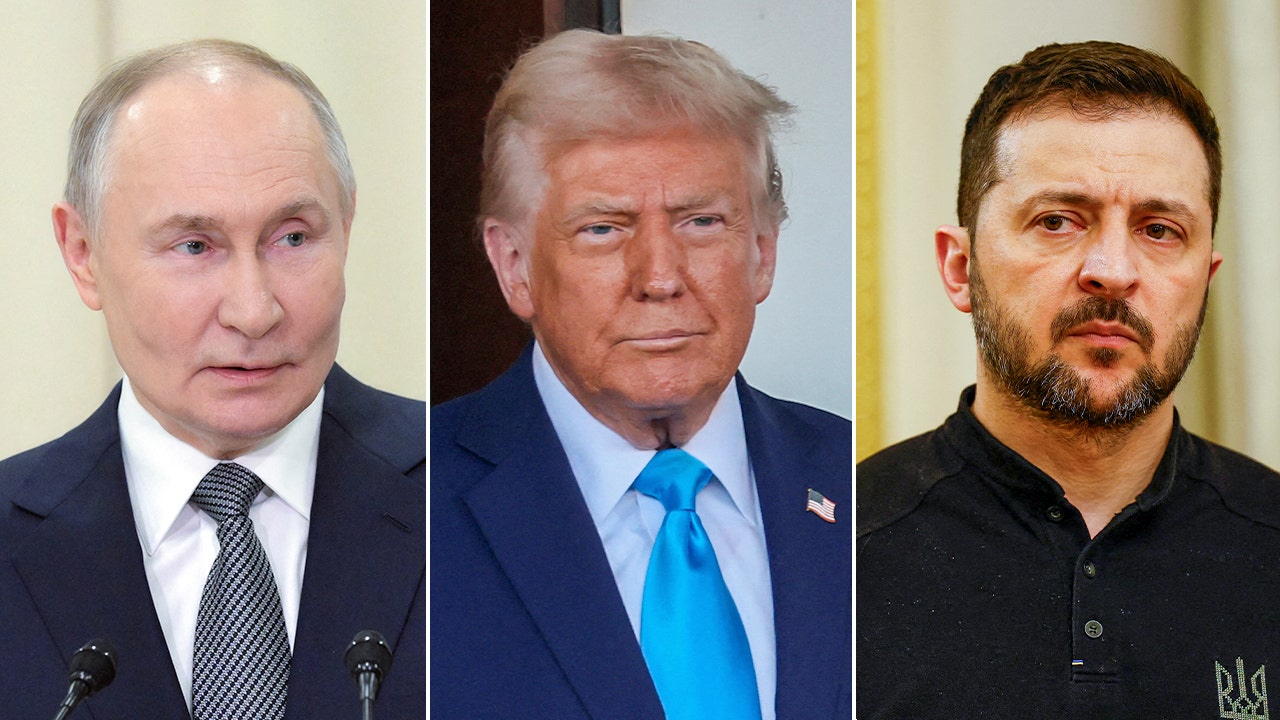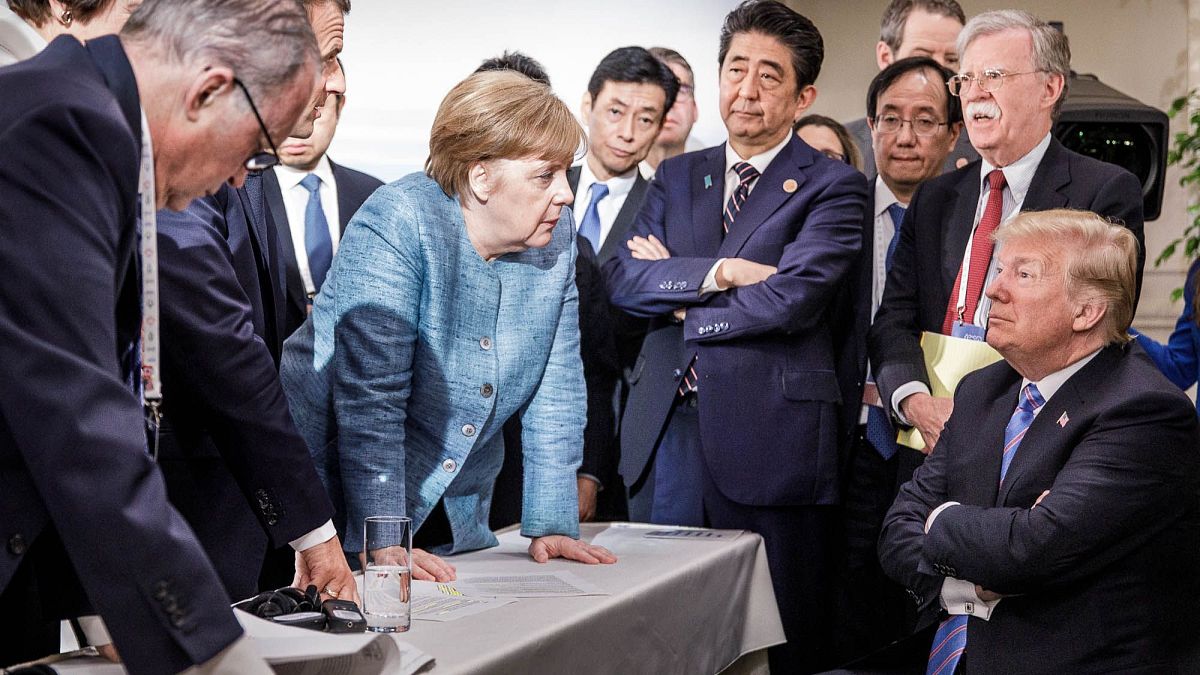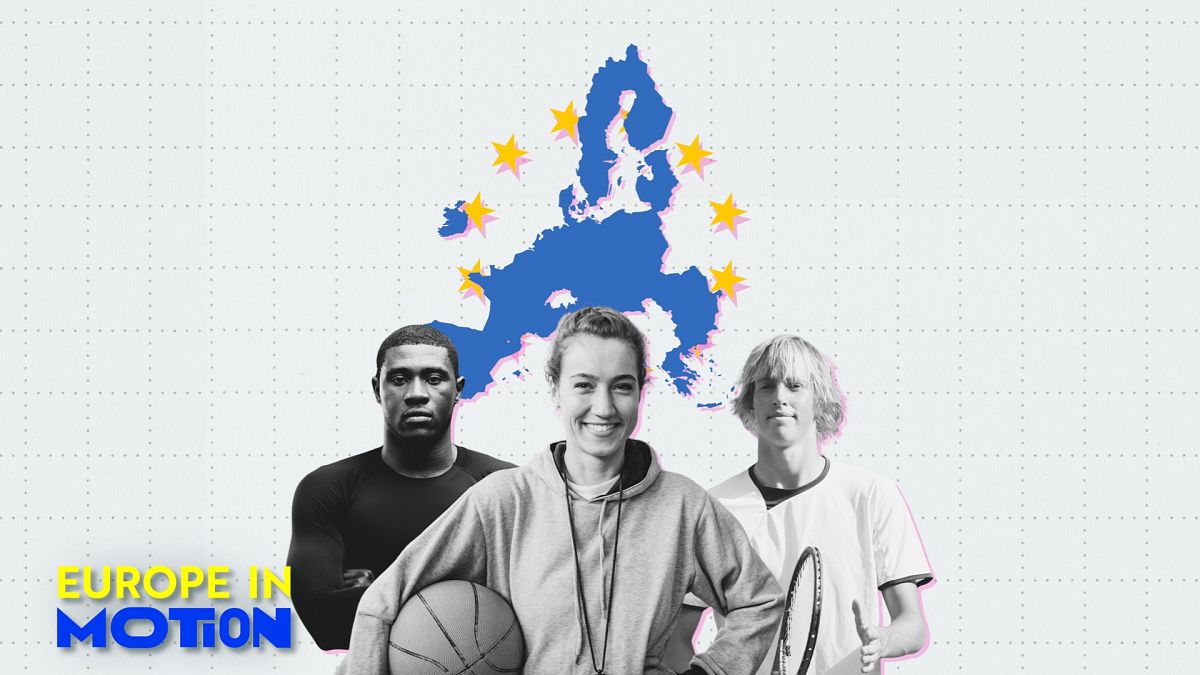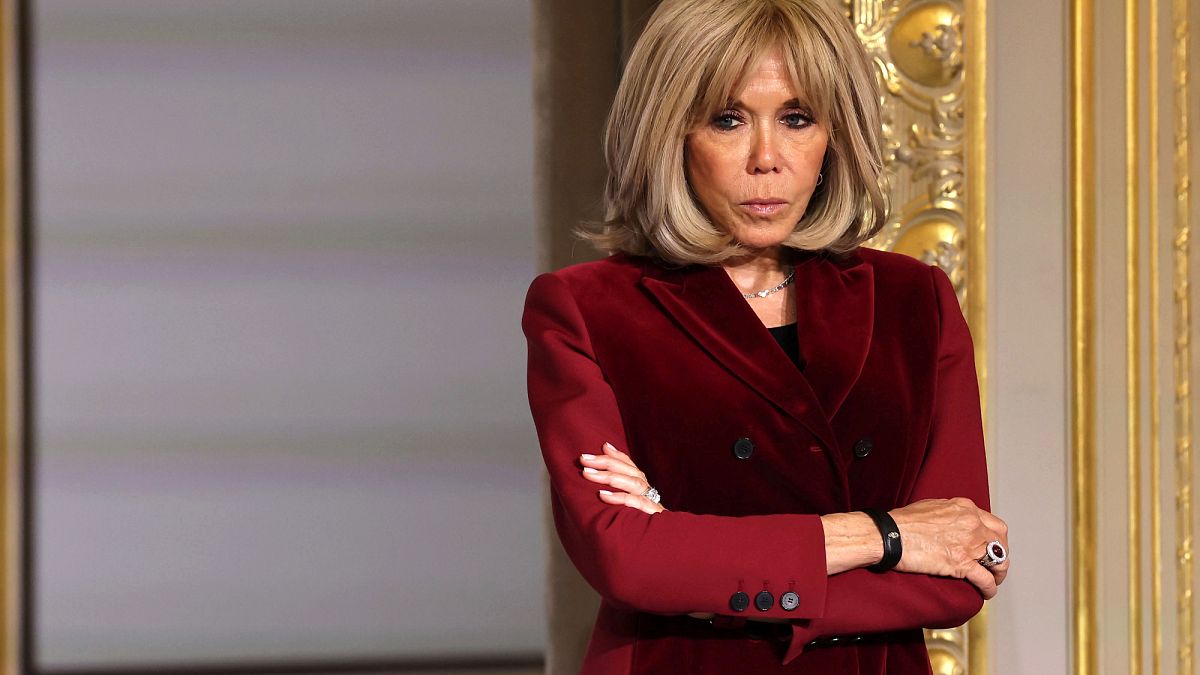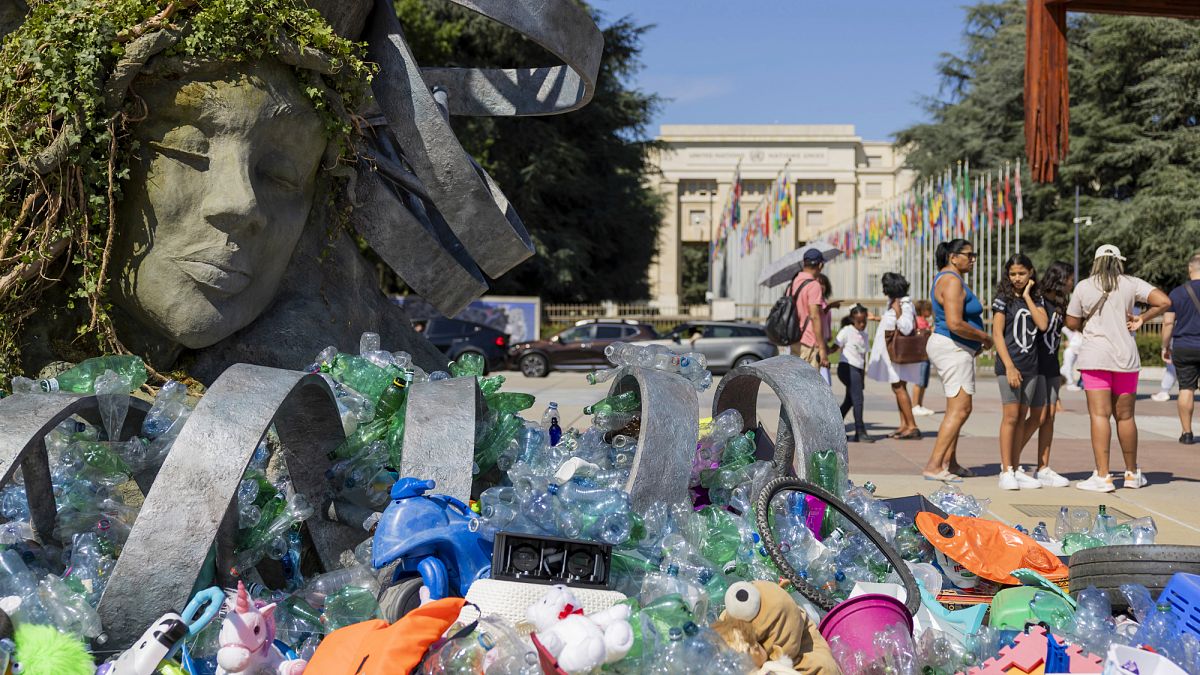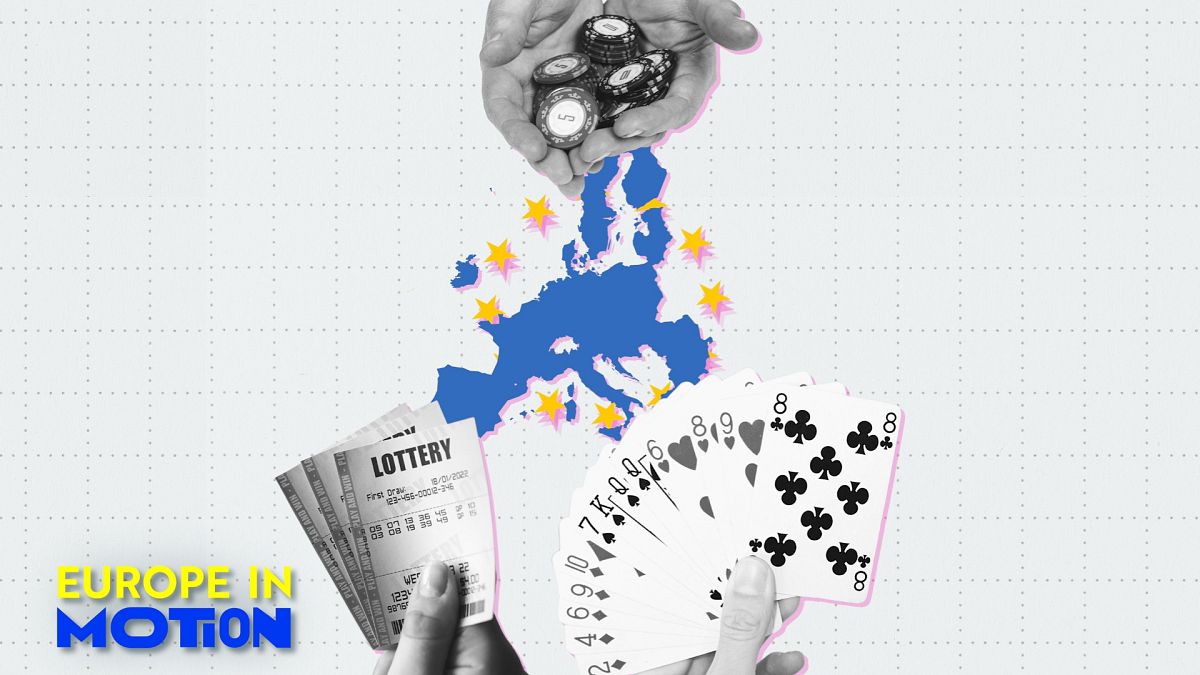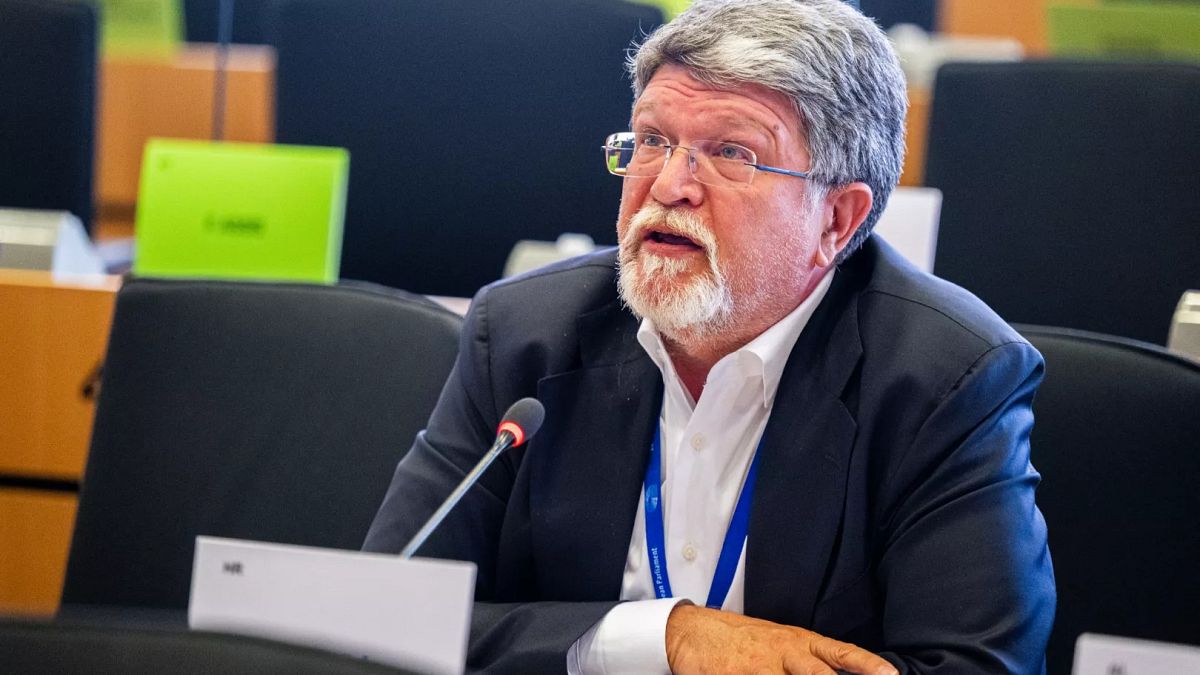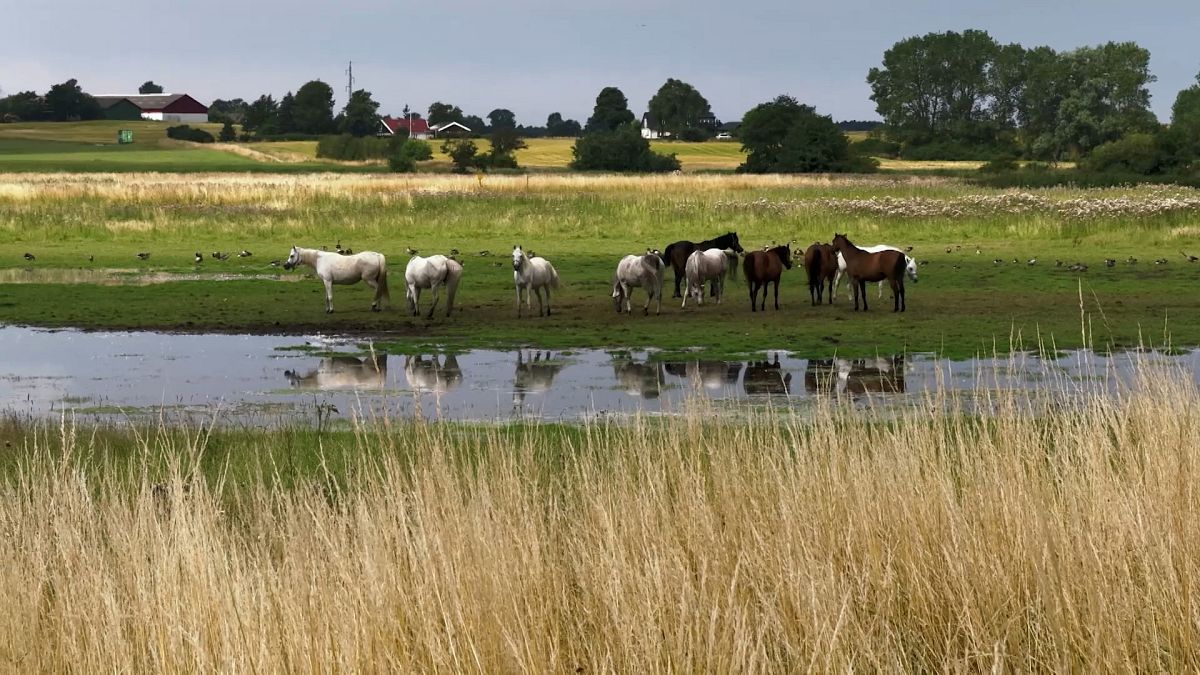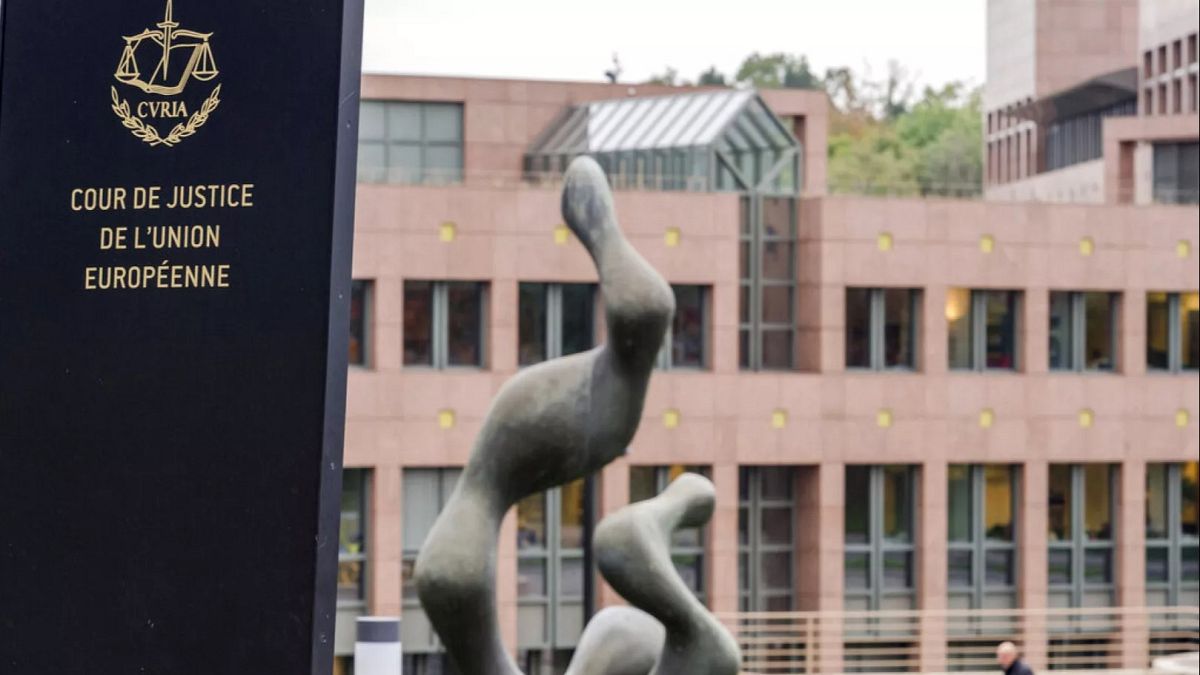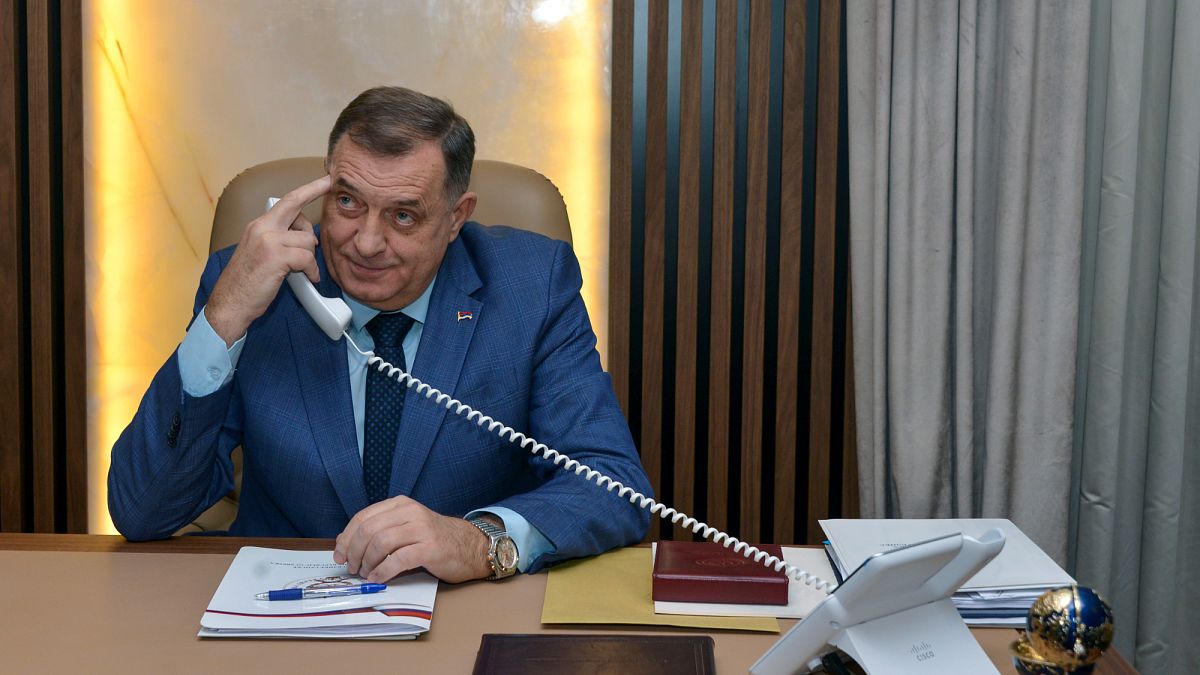ADVERTISEMENT
When US President Donald Trump issued a warning on Tuesday about the trade deal he agreed with European Commission President Ursula von der Leyen in Scotland on 27 July, it was another German – former Chancellor Angela Merkel – who appeared to be on his mind.
Despite being out of power for almost four years, the former German leader’s complex relationship with Donald Trump – marked at times by respect and dislike – appears to continue to exert influence over the US president.
When quizzed on CNBC’s ‘Squawk Box’ via phone Trump said of the trade deal that a pledge for the EU to invest $600 billion (€550 billion) in the US by the end of his second term will need to be honoured by the EU, or 35% blanket tariffs will be applied to the bloc.
Before issuing that warning however the US president expounded in general on the benefits of his trade policy.
Referring to the EU, Trump appeared to cast his mind back to a conversation with Merkel about the auto sector.
“I said to… let me just say a prime minister, a very nice prime minister, a couple [sic] of years ago, I said: ‘How many [US] cars are you taking a year? Let me guess, is it one or two?’”
“She said: ‘No, no, no, we don’t take any of your cars,” he said, before adding: “I said: ‘That’s not right, that’s not a nice thing Angela.’”
“And now they take all our cars, all our trucks, 100%, in addition the EU is going to pay us $600 billion dollars,” Trump said.
Addressing the 55th Munich Security Conference in February 2019, Merkel rejected Trump’s claims that German cars represented a security threat to the US. Merkel told the conference that German auto giant BMW’s largest plant is in South Carolina, rather than its home in Bavaria in southern Germany.
“If these cars, which are no less a threat than those built in Bavaria, are suddenly a national security threat to the US, then that’s a shock to us,” she said.
Last year, Merkel told Italian daily Corriere della Sera in an interview that “Donald Trump was obsessed by the fact that, in his view, there were too many German cars in New York.”
“He had always said that, if he were to become president, he would have imposed such high tariffs that they [German cars] would have disappeared from the streets of Manhattan,” Merkel told the newspaper in an interview she gave ahead of the publication of her memoir.
A see-sawing relationship
In August 2015, before his first election, Trump complimented Merkel in an interview with Time magazine, saying “she’s fantastic … highly respected”.
But he soon changed his mind.
By the time the former chancellor visited the White House in 2017 during Trump’s first term, he attempted to embarrass her by refusing to shake her hand before the cameras, and then grilled her for allowing around one million refugees – mainly from Syria and Iraq – into Germany.
When her memoir, Freedom, was published last year, Merkel said she misread Trump during that first meeting.
“Instead of stoically bearing it, I whispered to him that we should shake hands again,” Merkel wrote, adding: “As soon as the words left my mouth, I shook my head at myself. How could I forget that Trump knew precisely what he was doing … He wanted to give people something to talk about with his behaviour, while I had acted as though I were having a conversation with someone completely normal.”
“It seemed that his main aim was to make the person he was talking to feel guilty… At the same time I had the impression… that he also wanted the person he was talking with to like him,” Merkel wrote of Trump’s mercurial character.
Merkel publicly registered regret when Trump did not concede defeat in November 2020’s US election, saying: “A basic rule of democracy is: After elections, there are winners and losers. Both have to play their roles with decency and a sense of responsibility, so that democracy itself remains the winner.”
When German Chancellor Friedrich Merz visited The White House earlier this year, much preparation went into ensuring that the meeting with Donald Trump would not evolve into an on-air fiasco similar to Ukrainian President Volodymyr Zelenskyy’s earlier Oval Office confrontation.
In the end Merz had nothing to worry about.
Trump’s only criticism was reserved for Angela Merkel, whom he slammed for building the Nord Stream 2 pipeline, and once again for opening up her country to refugees, telling her successor: “I told her it shouldn’t have happened.”


